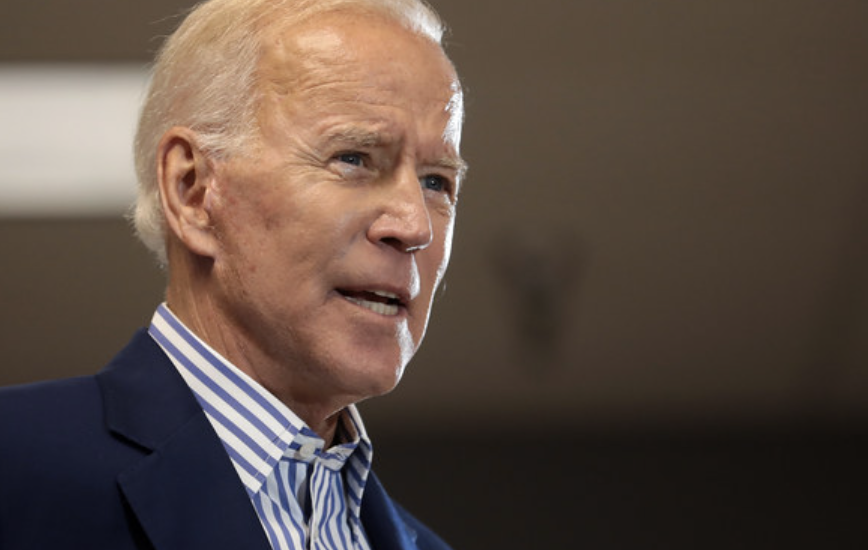BREAKING: Supreme Court Delivers Horrible News to Joe Biden

The U.S. Supreme Court delivered another setback to federal regulations on Thursday by halting the Environmental Protection Agency’s (EPA) “good neighbor” policy, designed to combat air pollution, while ongoing legal disputes are resolved.
In a narrow 5-4 ruling, the justices dismissed the arguments from Democratic-led states and the Biden administration that the policy was successfully reducing air pollution and saving lives in the 11 states where it was enforced, and that the Supreme Court’s intervention was unwarranted.
“The rule is intended to restrict smokestack emissions from power plants and other industrial sources that burden downwind areas with smog-causing pollution. It will remain on hold while the federal appeals court in Washington considers a challenge to the plan from industry and Republican-led states,” the Associated Press reported.
With a 6-3 conservative majority, the Supreme Court has been increasingly curbing the powers of government agencies like the EPA in recent years. The justices have diminished the EPA’s capabilities to address air and water pollution.
A notable 2022 decision limited the EPA’s authority to regulate carbon dioxide emissions from power plants that contribute to global warming. Additionally, the court blocked a vaccine mandate and halted President Joe Biden’s student loan forgiveness plan.
“The court is currently weighing whether to overturn its 40-year-old Chevron decision, which has been the basis for upholding a wide range of regulations on public health, workplace safety and consumer protections,” the AP added in its report.
The Supreme Court recently made news when the justices declined to challenge Texas voting laws that allow seniors to vote by mail automatically but not younger voters.
Older voters can request an absentee ballot for any reason in Texas, Indiana, Kentucky, Louisiana, Mississippi, South Carolina, and Tennessee. In other states, this is only permitted under specific circumstances.
In a case similar to one it rejected in 2021 concerning Indiana’s voting laws, the court on Monday refused to hear an appeal from three Texas voters. It also declined to hear earlier versions of the Texas lawsuit filed by the Texas Democratic Party during the COVID-19 pandemic.
The challengers contended that the 26th Amendment prohibits age-based discrimination, which they argued is what the disparate treatment of voters constitutes.
Ratified in 1971 to lower the voting age to 18, the amendment stipulates that the right to vote “shall not be denied or abridged … on account of age.”
“Whatever voting rights a state grants to people aged 65 and over, it must also grant to people under 65,” the Texas voters argued in their unsuccessful appeal to the Supreme Court.
They sought to overturn an appeals court’s ruling that Texas’ regulations are lawful because facilitating voting for some individuals does not hinder others.
Additionally, the 5th U.S. Circuit Court of Appeals in New Orleans ruled that the right to vote did not include the right to vote by mail when the 26th Amendment was enacted.
Most states either mail ballots to all voters or allow any resident to request an absentee ballot.
However, Texas asserted that it has adopted a different method to protect the integrity of voting, noting that older voters might have limited mobility or other challenges making in-person voting more difficult.
While anyone could request a mail-in ballot, the state argued that this would increase the likelihood of voter fraud.
In the 2022 midterm elections, approximately one-third of voters cast their ballots by mail.
The voters challenging Texas’ voting laws cited numerous obstacles young voters face when voting in person, including lack of transportation, long lines, difficulty finding or accessing polling places, and limited time off from work.
Mail-in voting has become a significant issue ahead of the upcoming presidential election in November, with several key rulings being issued by courts nationwide.